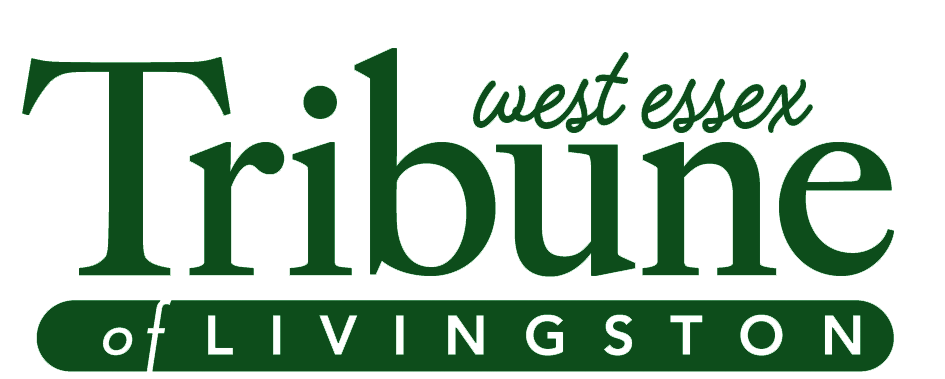Several parents were left with unresolved concerns after administration members involved with the Special Education Parent Advisory Council (SEPAC) delivered a presentation to Livingston’s Board of Education on Tuesday, June 20.
Livingston Public Schools transition coordinator Krystie Loeuis, director of elementary special education Jennifer Zeoli, and director of secondary special education Shanté Middleton announced the launch of a transition continuum website. It will be available in the fall and act as a resource to help students adjust to transition periods between schools.
The group also offered an overview of meetings held between the administration and parent group, but parents say there has been little opportunity for parent involvement.
“It’s supposed to be a parentled group. The meetings that I’ve attended are completely led by administrators of the school,” Jason Munsch commented. “There is no opportunity for collaborations from the parents, ideas from the parents, there’s no opportunity for parents to speak with other parents.”
Presenters had said that the district executive committee meets twice a year to “create collaborative conversations and partnerships' between each other, but resident Pooja Modi said “there hasn’t been any reach.” Modi said that, as a new member to the community, there had been no communication made about SEPAC or from a SEPAC member. Modi asked the Board for resources readily available for new parents with information about the council and information for students.
Parents of children with an IEP are automatically made a member of SEPAC within the student’s respective school. Yet, those interested in becoming a representative in their child’s school are told that a completed two-year residency is first required, resident Alyse Heilpem said. That bylaw does not exist.
“Are people really reviewing the bylaws? I don’t know,’’Heilpem said.
Board members did not respond to public comment.
Equity Efforts
Equity work is ongoing at both the building and district levels. A third-party equity auditing team is surveying campus climate and curriculum through the fall semester, and will be presenting findings and recommendations to the Board accordingly.
Livingston Public Schools has also been working with Great Schools Partnership, a school-support nonprofit, for the past three years. Clyde Cole, senior associate of Great Schools Partnership, told the Board on Tuesday that “it takes about three years to get to a place where everybody begins to have the same kind of familiarity with the topics, especially as they are reflected into actual policy and practices.”
Through equity team meetings, the Great School Partnership receives feedback from students and parents, and then creates training programs based on those insights, Cole said. He says meetings are started by broadly discussing identity - for example, gender, sexuality, ethnicity, religion, and race – and “race comes up for them most of the time.”
The district’s social studies curriculum has been parsed through and will continue to be restructured by the Great Schools Partnership. Once complete, it will act as a model for English, math, science and other subject areas.
Social studies teachers looked for repetition and opportunities to add other perspectives in their coursework, specifically in units covering geography, Native Americans/ Indigenous nations, colonization, and immigration.
Despite students and staff reporting increased confidence when talking about identity, Cole found, through gathered responses, that more work needs to be done. The group will be training principals and district leaders in identifying implicit bias and stereotypes, and bringing restorative resources to people of color, which Cole says will include an affinity group for staff of color.
Parents at Tuesday’s Board meeting, however, urged members to dedicate equal time revising instruction and holding conversations with a focus on “invisible disabilities,” Libby Barak said.
“When we’re thinking about equity, and accessibility, it goes beyond just race and culture and ethnicity,” Munsch said. “It goes into language disorders, and being able to access curriculum, equally with other students and peers.”
“The staff needs to be trained on inclusion and needs to know how to modify curriculum to meet students where they’re at,” Munsch continued. “It’s not the other way around.”


